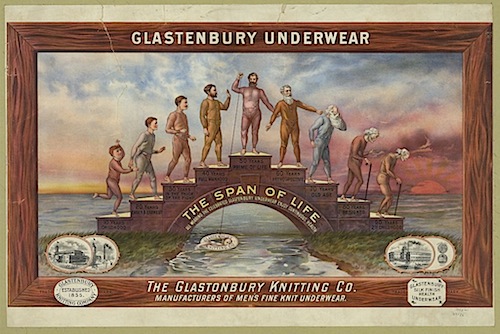
This post is in partnership with Worldcrunch, a new global-news site that translates stories of note in foreign languages into English. The article below was originally published in Les Temps.
LOJANE -- Several dozen young men are basking in the warm mid-day sun. They are Afghan and Pakistani. Behind them, on a white wall, is graffiti extolling the glories of the UĈK -- ex-Kosovo Albanian guerilla fighters.
Over the past two years, the Macedonian village of Lojane, which borders Serbia, has become a stop-over on the illegal migration routes to Western Europe. "It started when groups of three or four would arrive periodically. It didn't disturb us at first," says Selam Mehmeti, the head of the village community. "But since this summer, it's grown to a whole other dimension: there were 500 in November." (See TIME's photoessay: Immigration in Europe.)
The story these men tell is almost always the same. Khan, a 22-year-old Afghan from Kandahar, travelled through Iran, Turkey and then Greece before arriving in Bitola, Macedonia. He then headed for Lojane so he could get into Serbia. Serbian police have already sent him back to Macedonia twice.
The latest plan is to try to go through Hungary. "After that -- from Austria on -- everything will be fine. I want to go to Paris, where I have friends. The most difficult thing is to get through Serbia."
The immigrants sleep in the "jungle" -- the fields that stretch between Lojane and Miratovac, the nearest village, some three kilometers away. Miratovac is in Serbia, but its population is entirely Albanian. "The border has been closed since 1993," Blerim, an inhabitant of Lojane, explains. "Traditionally, relations between the two villages have played an important role. Both my mother and my wife come from Miratovac."
Acting like they don't exist
Where the dirt road abruptly turns to asphalt: this is the only place to demarcate the border line between Macedonia and Serbia. Serbian police and military police are on permanent patrol, and stop anyone who tries to go across, either from Miratovac, or the neighboring town of Presevo. Busloads of illegal immigrants stopped anywhere in Serbia are also sent to Lojane.
All the immigrants say they heard about the village either on the Internet or through friends. But village head Mehmeti says that's not true: he says well-organized networks wait for the immigrants along the country's southern borders, at Gevgelija and Bitola, and bring them here. "And the ones that get caught at the Tabanovce border checkpoint, (10 km from the village) come here too." (See more international news in Global Spin.)
There is no visible presence of Macedonian police: the border is guarded only on the Serbian side, villagers say. There are also no humanitarian organizations in Lojane, even though the winter cold is going to make survival conditions for the immigrants that much worse. "Everybody acts as if they don't exist," says Mehmeti.
Despite agreements made with the European Union, Serbia and Macedonia are incapable of dealing with the new tide of clandestine immigrants, who are increasingly opting to take this route instead of the heavily monitored road from Greece to Bulgaria to the north. Skopje has only one immigration detention center that no journalists have been able to visit, and that officially just has space for several dozen people.
The village head is pleased: it's quiet today, there are "only" a few dozen illegal immigrants in Lojane. However, a line of some 15 men can be seen walking through the fields from Tabanovce. A small Macedonian border police patrol watches from the derelict gas pump located halfway between the villages of Lojane and Vaksince. They neither comment, nor pursue the men, but just keep watching instead.
See TIME's Top 10 World Stories of 2011.
Germany's First Lady Embroiled in Scandal
-- Die Welt
Capitalism over Caste: The Success of India's 'Untouchable' CEOs
-- Les Echos
Janitor Discovers Fortune in Rare Coins in German Library
-- S?ddeutsche Zeitung
View this article on Time.com
Most Popular on Time.com:
best buy we bought a zoo we bought a zoo ipad accessories derrick rose port charlotte florida kit homes











 Get your clicking fingers ready! These boys are going to go fast. Starting Sunday, December 11th at 6:00 p.m. Central time, 16GB and 32GB Touchpads will be available
Get your clicking fingers ready! These boys are going to go fast. Starting Sunday, December 11th at 6:00 p.m. Central time, 16GB and 32GB Touchpads will be available